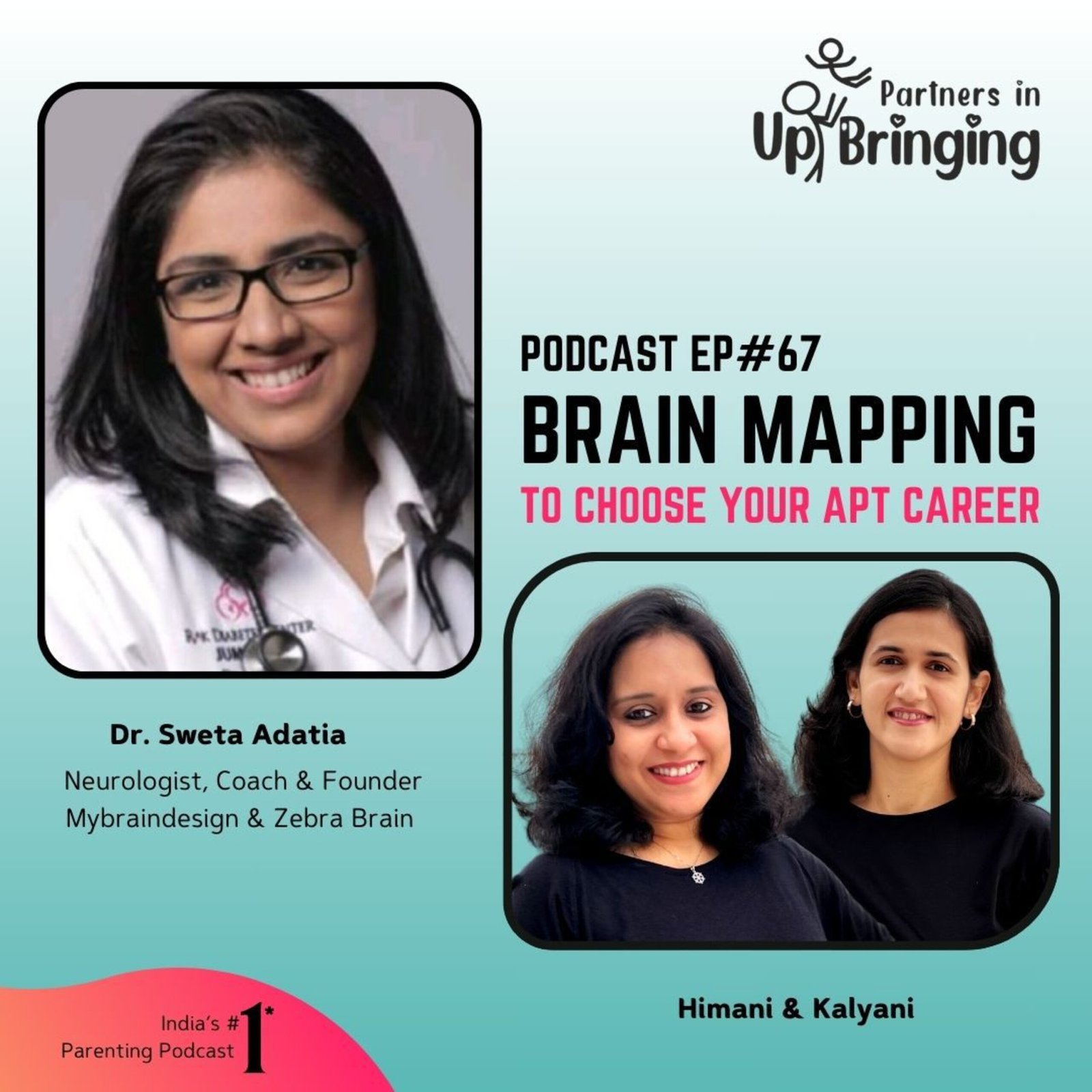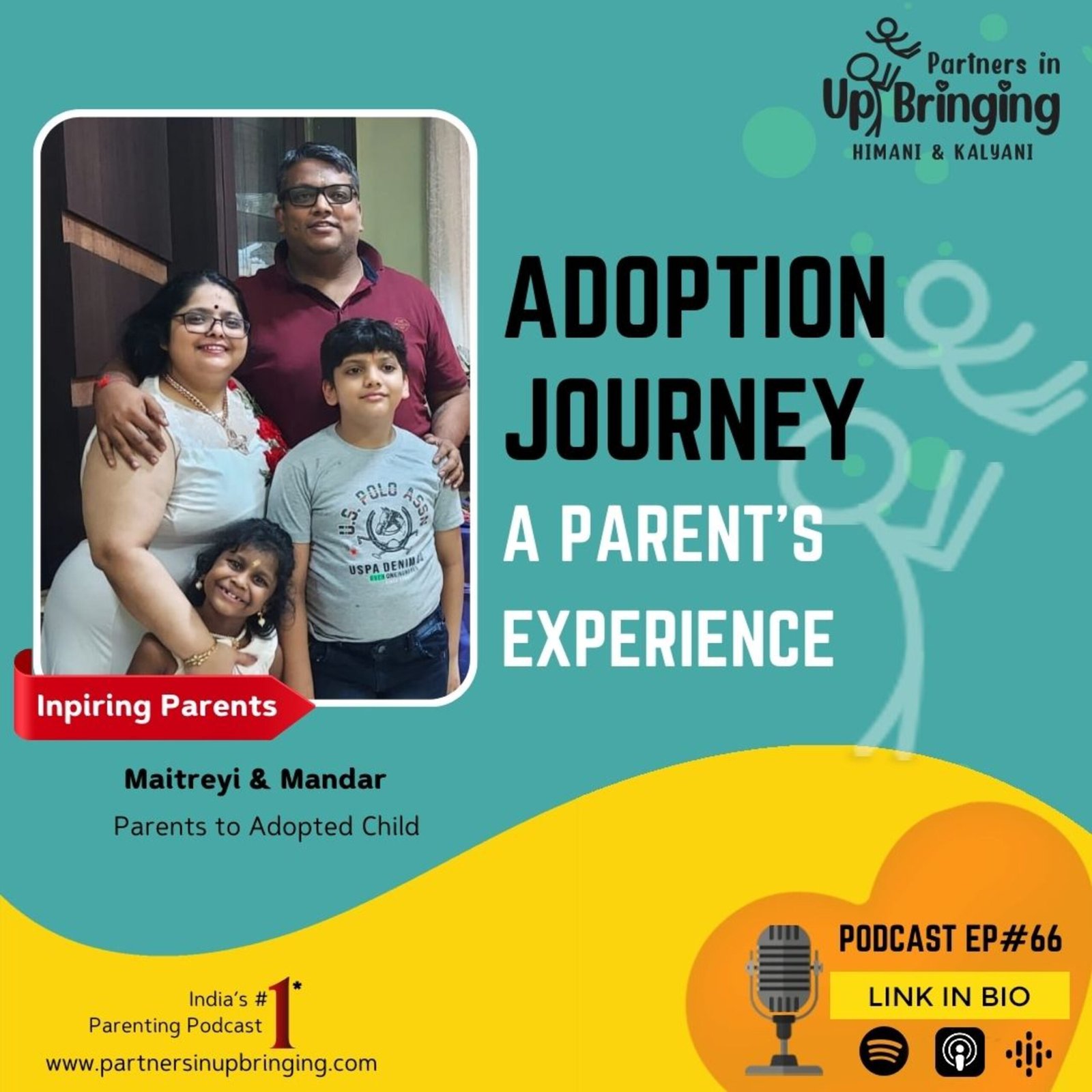India has contributed dozens of words to the English language. This is a testament not only to the richness of Hindi, Urdu and Hindustani but also to the peculiar way the English language, perhaps more than any other, has of absorbing words from other languages.
English and ‘Indianness’
Inevitably, English has shaped notions of ‘Indianess’ both on the Sub-Continent and further afield, for there is no culture without language. Language is identity. It can be taken as axiomatic that One’s mother has the great influence in shaping personality, thought and emotion. But the influence of other languages is not to be underestimated, either. You may speak language but language also speaks you. You cannot escape it. As the Late French-Algerian theorist Jacques Derrida famously put it, "il n'y a pas de hors-texte."
Hinglish

There is perhaps no better example of this than the way in which English (which is understood and spoken by vast numbers of South Asians) influences the identity of millions of Indians, Pakistanis, Bangladeshis and others around the world. The process may well be unconscious but there is no denying the profound impact English has had on the Indian psyche.
That there is such a thing as ‘Hinglish’ just goes to show how complete this process has been. A portmanteau word combining ‘Hindi’ and ‘English, the term refers to a hybrid English with the various tongues of the Sub-continent.
The ease with many South Asians go from English to their own language and back again shows how established it has become. This ’code switching’ has to have an influence on how one thinks. If you learn this sort of English from the cradle, then it stands to reason that it must have a similar affect to a ’pure’ mother tongue.
Hinglish is on the rise and it is changing the languages of India and beyond. The process of hybridisation has gathered pace in the last 20 years owing to the rise of social media. Interestingly, Google's Gboard mobile keyboard app gives an option of Hinglish as a typing language where one can type a Hindi sentence in the Roman script and suggestions will be Hindi words but in the Roman script.
But to return to words of Indian origin used in English, here's our list:
- Pukka. Reliable, good, genuine, much used by a certain celebrity chef.Avatar In Hinduism, an avatar is the manifestation in human or animal form of a god, especially that of Vishnu. The word first appeared in English in the 18th century and derives ultimately from the Sanskrit word ‘ava’ meaning ‘down’ and the root ‘tar’-to pass over
- Guru Originally a Hindu or Sikh spiritual guide, guru made its debut in English in the 17th century, where it now also means any important and respected intellectual guide or mentor. The original word in the Hindi and Sanskrit, also ‘gur’u, means venerable.
- Chutney This word entered the English language in the 19th century and derives from the Hindi word ‘catni,’ which means much the same in Hindi.
- Cot Driving derives from the Hindi word ‘khat,’ meaning a bedstead or hammock, it first came into use in the 17th century.
- Jungle It derives from the Hindi word ‘jangal ‘meaning a forest and began to be used in English during the 18th century.
- Shampoo . It first appears in English in the 18th century and derives from the Hindi word ‘champo’, meaning to squeeze, knead or massage.
- Cheetah Its black spots provide the clue to the origins of its name, which derives from the Sanskrit ‘citraka’ having speckled body
- Thug It derives ultimately from the Hindi word ‘thag’ meaning a thief or a cheat. Originally, a member of a religious brotherhood that murdered by stealth by poisoning and strangling it entered the English language early in the 19th century.
- Bungalow This much-used word derives from the Hindi word ‘bangl’a meaning, literally, in the style of or belonging to Bengal. The word bungalow in English dates back to the 17th century when it was used to refer to a type of cottage built in Bengal for early European settlers.
- Juggernaut The word arrived in English in the 19th century and derives from the word ‘Jagannat’h, ‘Lord of the world,’ a form of the Hindu deity Vishnu whose idol in Puri is traditionally drawn on a processional chariot, beneath which devotees were once believed to throw themselves.
- Chintz- It derives from the Hindi, ‘chit’ which means a spotted cotton cloth. C.F. Cheetah above
-------------------------------










